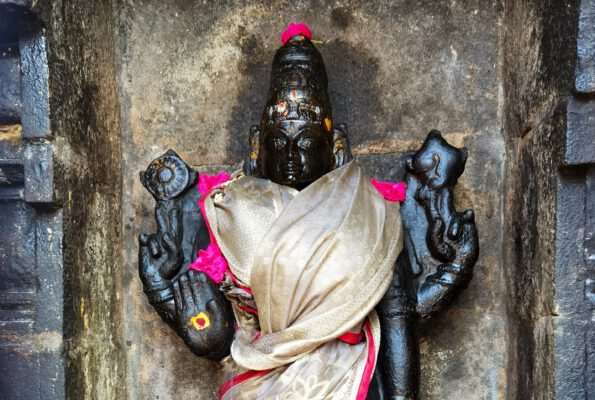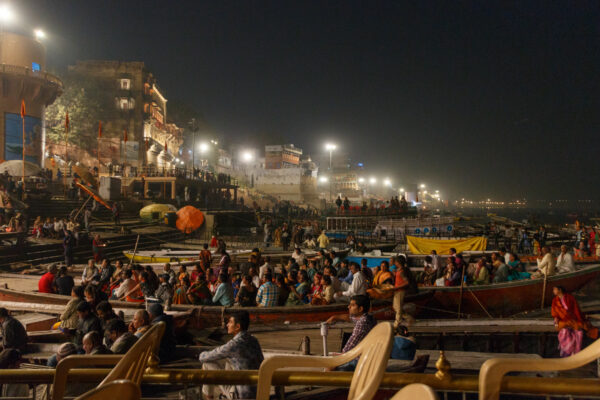Mometimes I ask myself what I actually learned during my philosophy studies in Heidelberg (and yes, perhaps I should have attended more of the Spinoza and Bergson seminars).
In all the discussions about perception and consciousness, we have always focused on the five senses: sight, hearing, taste, touch and smell. These, we learn in enlightened philosophy, are all the senses we have. When I learned in a seminar that proprioception, i.e. the inwardly directed perception of the body, could be a sixth sense, it was considered a revolution.
In theory, these senses are designed to extend from consciousness to the point where the outer limits of the body interact with the world:
- Sound waves hit the eardrum
- Odorous substances on the nasal mucous membranes
- Flavors on the tongue
- The sense of touch on objects
- Light on the retina
We cannot say anything about what lies behind the body interfaces in the outside world, i.e. the world itself, other than what is made available to us by means of the senses (Descartes). It is constructed (Kant), excluded in an epoch (Husserl), beyond language (Wittgenstein), falsifiable (Popper), structure (Saussure) etc....
Language
We have supposedly expanded these banalized five senses in cultural evolution: with glasses and microscopes or telescopes, with robotic exoskeletons or microphones or loudspeakers (I'm thinking of Marshall McLuhan).
Within consciousness there is therefore a supplier of data (the senses), which are united by consciousness and result in an inner image, an image of the outside world. These images of the outside world are given to an ego of whatever kind. This is at least a self-referential structure ("The: I thinkmust be able to accompany all my ideas", Kant)
We can then differentiate more finely within consciousness itself: How are the contents of consciousness composed, what is memory and expectation, dream and cognition. How are the contents of consciousness assigned to language and which sentences correlate with which consciousness, and when can we speak of true sentences and when of false ones? You can then delve deep into language or phenomenology, or neuroscience, etc...
Back to the beginning
I would like to start again with the five senses, because something has gone wrong here, and thinking is going in the wrong direction.
The Upanishads are much clearer. Here they speak of 11 Senses spoken: 5 senses of knowledge - nose, tongue, eyes, ears, skin - and 5 senses of action - hands, feet, anus, sex, speech - and the eleventh sense, knowledge, which then brings everything together.
The senses are not already conceived here as a skeptical super-GAU (as a brain in an aquarium that is deceptively fed five types of sensory information, I am thinking here of Descartes), but as the real points of contact between our body and the world.
This is a completely different starting point for describing the world. The body is taken seriously here, it is in the world, interacts with it via at least 11 points of contact. The knowledge is a knowledge of being in the world, of one's own body and the possibility of acting and knowing, but also a knowledge of a greater consciousness. The problem of the dualism of Western philosophy in the wake of Descartes is stretched here, pulled apart, clarified. It dissolves, not dissolves, but is transformed, fluid, intermingling (intermiscence).
Between the extremities and sensory organs and the mind itself is the body. The body is not only conceived materially, but biologically, as a living body that has a life force (I'm thinking of Bergson here). We can't really deny this either, we experience it all the time. It has its origin in Purusha - the world soul, the pure consciousness (Chit) Purusha is the starting point of everything.
Purusha is opposite Prakriti. Nature in its primordial matter, endowed with three qualities: inertia (matter?), energy, and harmony. And it would really be too simple to open up such a scheme, Purusha and Prakriti are two sides of Shiva….
In the Upanishads there is an incredibly complex system of 7 levels:
- Matter
- Life
- Spirit
- Knowledge (Vijnana)
- Bliss (Ananda)
- pure consciousness (Chit)
- pure existence (Sat)
And that is just the beginning. Why do we in the West think so banal, purely in terms of the duality of spirit and matter?
Who thinks while thinking?
It gets really interesting in Aurobindo's commentaries on the Kena Upanishad (Vol 18 Upanishads-II : Kena and Other Upanishads) and the commentaries in the Hymns to the Mystic Fire (Vol 16).
More on this later behind the concept of Intermiscence (flowing into one another).
p.s. Can it really be that the sexual organs have not been included as senses in Western philosophy for centuries or even millennia?








